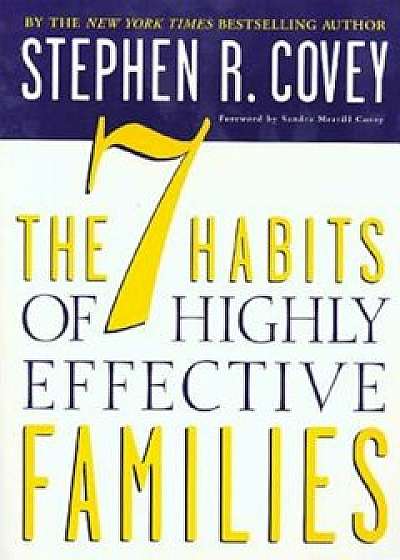
From Dependence to Dignity: How to Alleviate Poverty Through Church-Centered Microfinance, Paperback
Descriere
The church of Jesus Christ finds itself at a very unique moment in history. The average Christian living in the ``economically advanced countries`` enjoys a level of prosperity that has been unimaginable for most of human history. At the same time, over 2. 5 billion people in the Majority World (Africa, Asia, and Latin America) live on less than $2 per day, with many of these people being Christians. Ironically, it is amongst the ``least of these`` in the Global South that the global church is experiencing the most rapid growth. All of this raises profound challenges to the global church. How can churches and missionaries in the Majority World effectively address the devastating poverty both inside their congregations and just outside their doors? How can churches in the economically advanced countries effectively partner with Global South churches in this process? The very integrity of the global church's testimony is at stake, for where God's people reside, there should be no poverty (Deuteronomy 15: 4; Acts 4: 34).For the past several decades, microfinance (MF) and microenterprise development (MED) have been the leading approaches to poverty alleviation. MF/MED is a set of interventions that allow households to better manage their finances and start small businesses. From remote churches in rural Africa to the short-term missions programs of mega-churches in the United States, churches and missionaries have taken the plunge into MF/MED, trying to emulate the apparent success of large-scale relief and development organizations. Unfortunately, most churches and missionaries find this to be far more difficult than they had imagined. Repayment rates on loans are low and churches typically end up with struggling programs that require ongoing financial subsidies. Everybody gets hurt in the process: donors, relief and development agencies, churches and missionaries, and--most importantly--the poor people themselves. This book explains the basic principles for successfully ut






